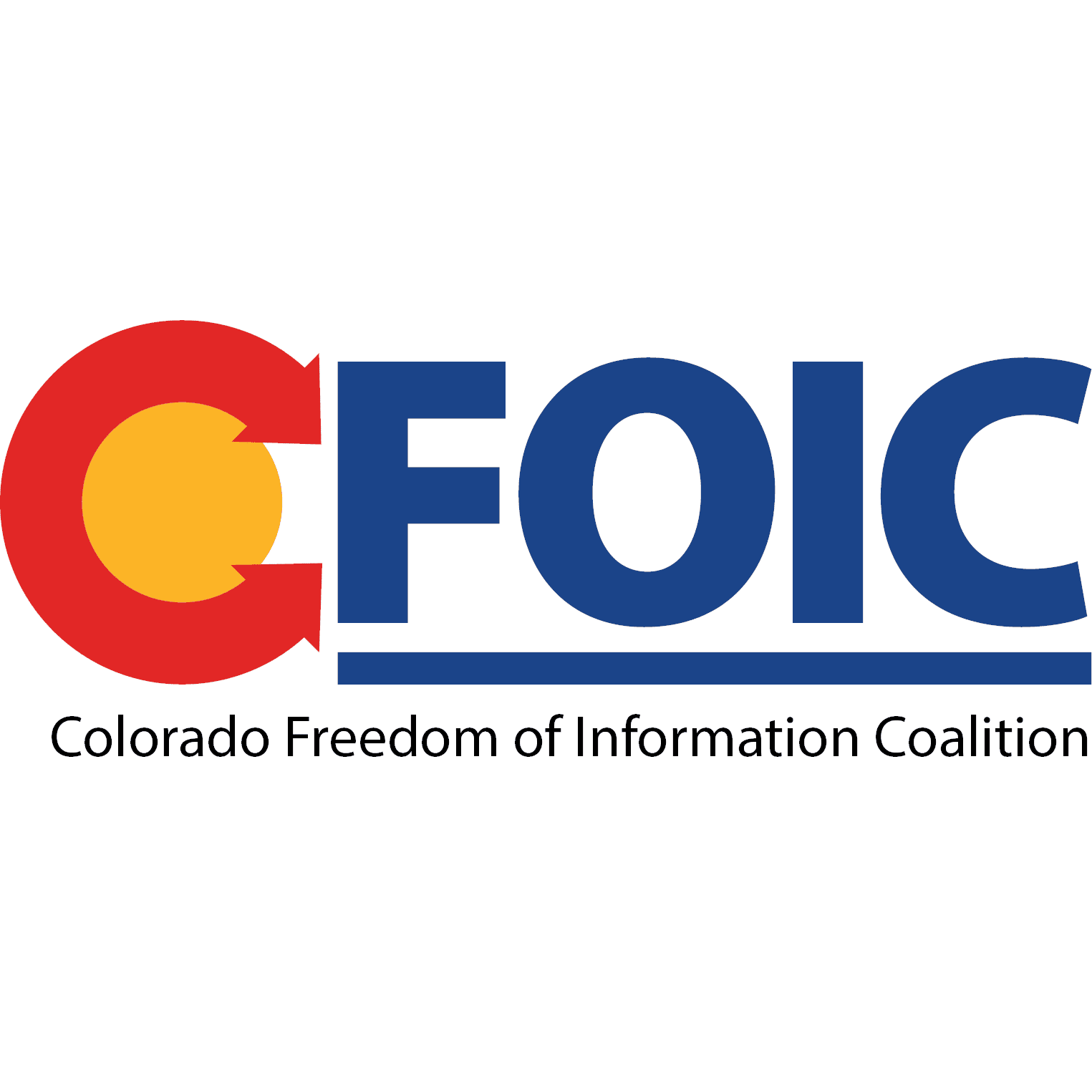On October 30, 2023, a Colorado state court judge determined that two Denver city officials had improperly withheld public records from a TV reporter when they refused to disclose text messages stored on their personal cellphones in which they discussed the city’s public business.
Judge Stephanie Scoville’s ruling joined numerous other state courts in finding that text messages of public employees housed on personal cellphones are not outside the statutory definition of “public records” merely because they were never transferred to any government entity’s servers for storage and retrieval. Accordingly, the court ordered the city of Denver to provide a copy of those text messages to the reporter and to pay the TV station’s reasonable attorney’s fees and costs.
Facts giving rise to the records request
On the evening of June 21, 2023 (the longest day of the year), nearly 6,000 people arrived at the celebrated Red Rocks Amphitheater, an outdoor performance venue in the foothills just west of Denver, to attend a concert by Louis Tomlinson (former member of the band One Direction). Just after the sun had set, a severe hailstorm arrived quickly and pummeled the concertgoers, who were given only 10 minutes warning to seek shelter. (To witness what a scary experience this was for those in attendance,
see here). In the ensuing melee, approximately 100 members of the public sustained physical injuries (seven of them requiring hospitalization). The tragedy attracted widespread local and national press coverage.
Note: This article originally appeared in the October 2023 edition of MediaLawLetter, published by theMedia Law Resource Center.

